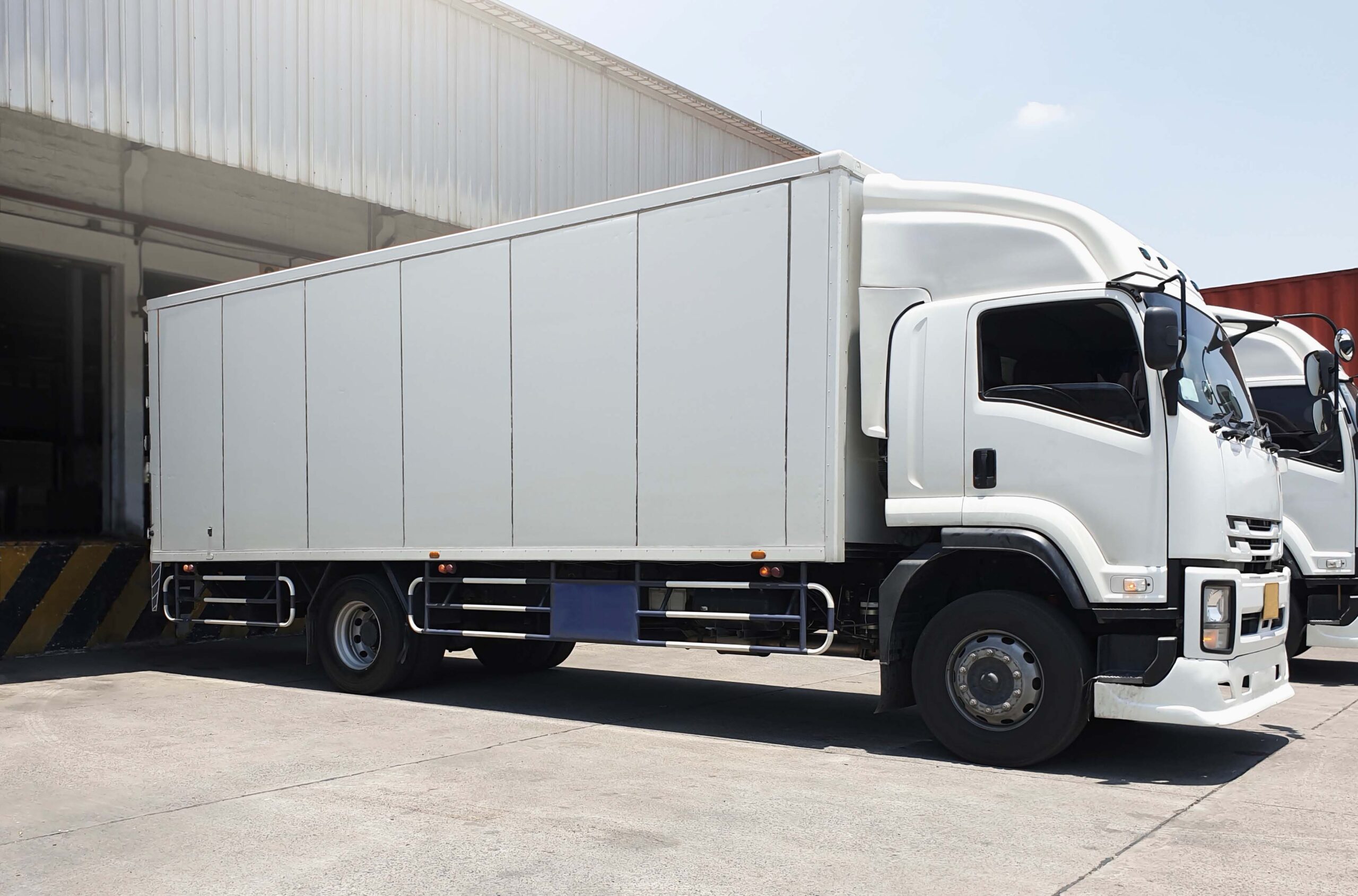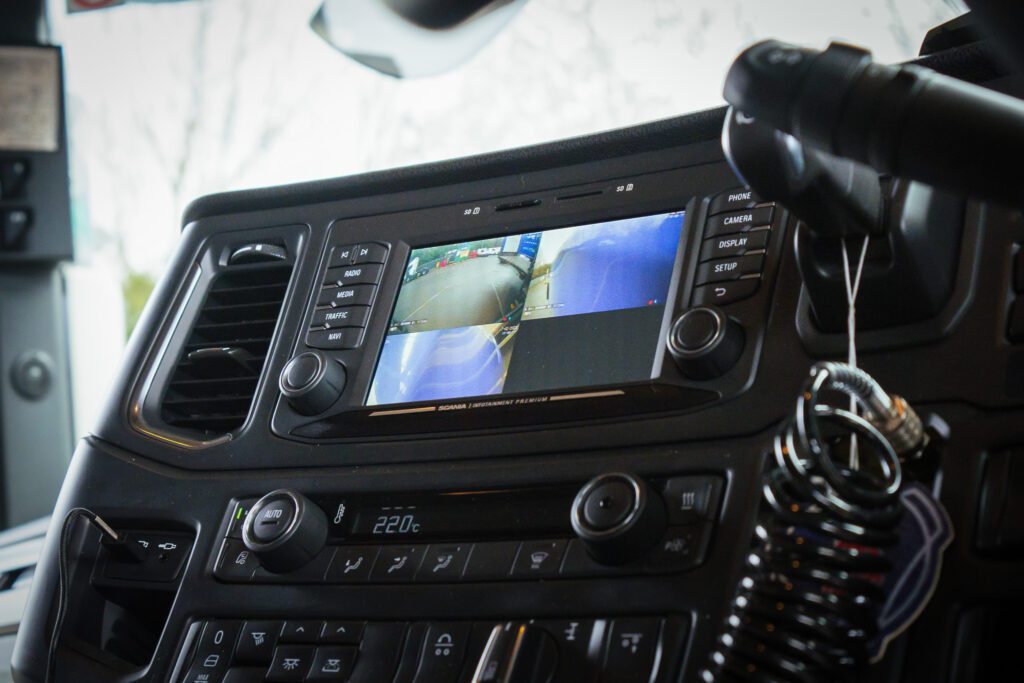ULEZ Expansion in August 2023
Navigating the Path to Cleaner and Greener Cities
In a concerted effort to combat air pollution and create a healthier urban environment, London is expanding it’s Ultra Low Emission Zones (ULEZ) in August of this year. This expansion signifies a significant step forward in the pursuit of cleaner air and reduced carbon emissions. As businesses brace themselves for the regulatory changes, it becomes crucial to understand the implications of the ULEZ expansion and how it will impact various sectors. In this article, we explore the upcoming ULEZ expansion and its implications for businesses and individuals alike.
The ULEZ Expansion
The ULEZ was initially introduced as a measure to reduce pollution caused by high-emission vehicles in designated zones. Under the expanded ULEZ, stricter emission standards will apply to a larger number of vehicles, encompassing a broader area within the city limits. This means that more vehicles will need to meet low emission requirements to enter these zones without incurring charges or penalties. The expansion aims to accelerate the transition to greener transportation and encourage the adoption of electric and hybrid vehicles.

Implications for Businesses:
The ULEZ expansion will have a profound impact on businesses, particularly those relying on vehicle fleets for their operations. Non-compliant vehicles that fail to meet the emission standards will face hefty charges or fines, which can significantly impact a company’s finances. Moreover, non-compliance may result in operational disruptions, delays, and even reputational damage. It is, therefore, essential for businesses to be proactive and prepared for the forthcoming changes to minimize these risks.

Your options
Londoners receiving certain low-income or disability benefits can apply to the Mayor of London’s £110 million scrappage scheme. Eligible applicants could receive a payment to scrap their vehicle, or choose a lower payment plus one or two TfL Annual Bus & Tram passes worth more than the payment alone.
London-based sole traders, micro-businesses (10 or fewer employees) and registered charities will also be able to apply to scrap or retrofit a van or minibus.
The scheme eligibility is expanding so that even more Londoners and London-based businesses and charities can benefit (from the end of July 2023). Visit the scrappage scheme pages for more information.
To help make the switch to cleaner forms of transport, there are also exclusive ULEZ support offers for successful scrappage scheme applicants, as well as offers for all Londoners to take advantage of, whether eligible for a scrappage payment or not.
To help disabled Londoners and community transport providers prepare for the expansion, the existing ULEZ grace periods (temporary exemptions) have been extended, and new grace periods have been introduced.
The £10 annual fee to register a vehicle for Auto Pay has been removed. Auto Pay lets drivers who register their vehicles avoid the risk of forgetting to pay the daily ULEZ charge and incurring a penalty charge.
The value of ULEZ and Congestion Charge penalty charges incurred have increased from £160 to £180 (reduced by 50% if paid within 14 days).
More Articles & Case Studies
See if your vehicle is registered
Want To Learn More?
If you aspire to enhance your fleet operations, give us a call or drop us an email, and together we can explore how our solutions can transform your business. Don’t miss out on the opportunity to optimise your fleet’s performance and maximise your success.
Contact us now and unlock a new era of efficiency and profitability for your company.















